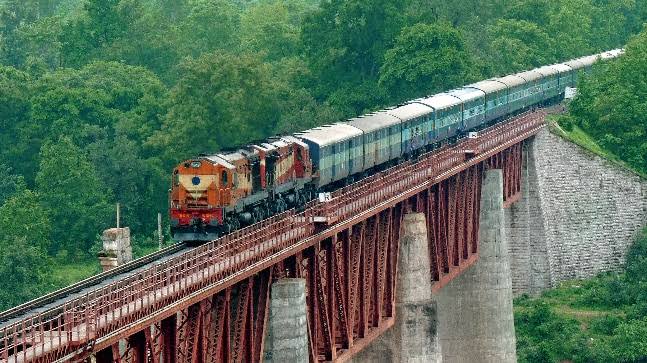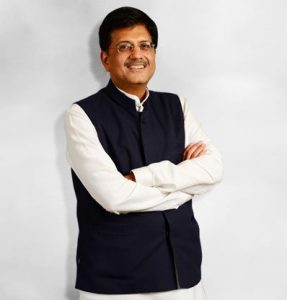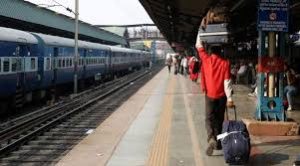
Railway To Increase Fare
According to reports, the Railway fares are set for a hike in the near future. The Piyush Goyal-led Indian Railways are currently fine-tuning the proposal to allow passengers to voluntarily give up the subsidized component of their rail tickets, either partially or fully. Apparently, this move is part of the Railway Board’s 100-day roadmap for the National transporter. On an average, the national transporter earns only about 57% of the railway fares, and so, the removal of subsidization will make journeys in popular classes, such as AC 2nd Tier, slightly expensive.

Give It Up
The idea behind this is to encourage passengers to voluntarily give up their subsidy, in the wake of a better, modern railway. However, one stark difference from the Pradhan Mantri Ujjwala Yojna is that while in the former, each subsidy forgone brought a new LPG connection for a rural household, the same will not be true of railway tickets. Moreover, itw as also revealed that the Railway Subsidy is not from the general exchequer, but is actually a cross-subsidy from the railway freight business itself.
As for the incentive involved, the details have yet to be finalized. There seems to be reluctance to promise the confirmation of tickets to those who avail the non-subsidized tickets, as that would simply be a new form of the Tatkal Scheme. One option suggested is to provide reservation forms at station counters, complete with the option of ‘giving it up’. The process will be easier if applied to the IRCTC Online Reservation, as has been done for the subsidy provided to senior citizens. The ‘give it up’ scheme had been launched for senior citizens back in July 2017. The option was availed by 48 Lakh passengers, increasing the Railway income by Rs.78 Crore.
The national transporter recovers only about 38 paise per rupee spent on a kilometre of passenger travel. After a class-wise computation, a per-seat subsidy is determined. As per the calculations, the most popular classes, AC Chair Car and AC 3rd Tier, see a modest profit after covering the traction cost. Policy makers however, have one concern. They believe that, without subsidy, the prices of the upper AC Classes will approach air travel, especially for long distances. Similarly, for short distances, the competing factor would be bus travel. However, unlike previously thought, the prices without subsidy won’t double, as per reports.
Further, for the suburban rail network, the option would be to give up subsidy on the monthly ticket. This is normally highly subsidized. This recovers of the cost of only 15 trips in a typical origin-destination sector. In cities such as Mumbai, the suburb network is a huge hit. So, the goal here will be to be encourage only those people who can afford tickets at full cost, to give up the subsidy.
